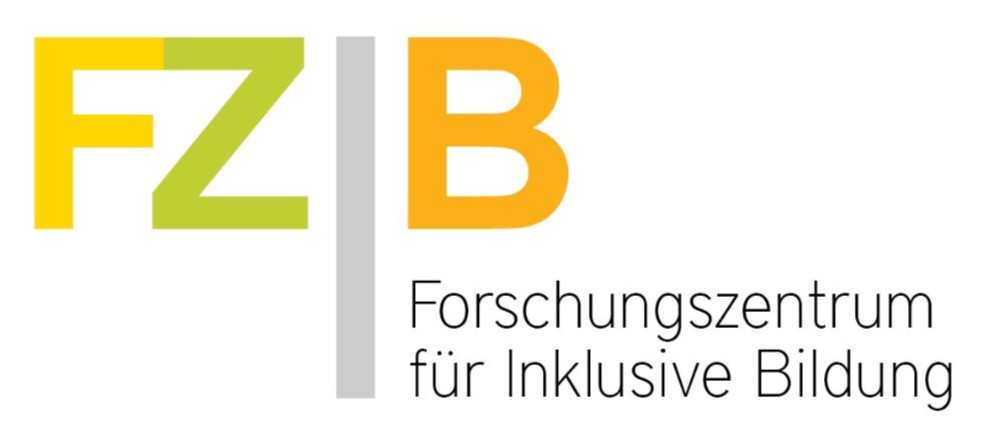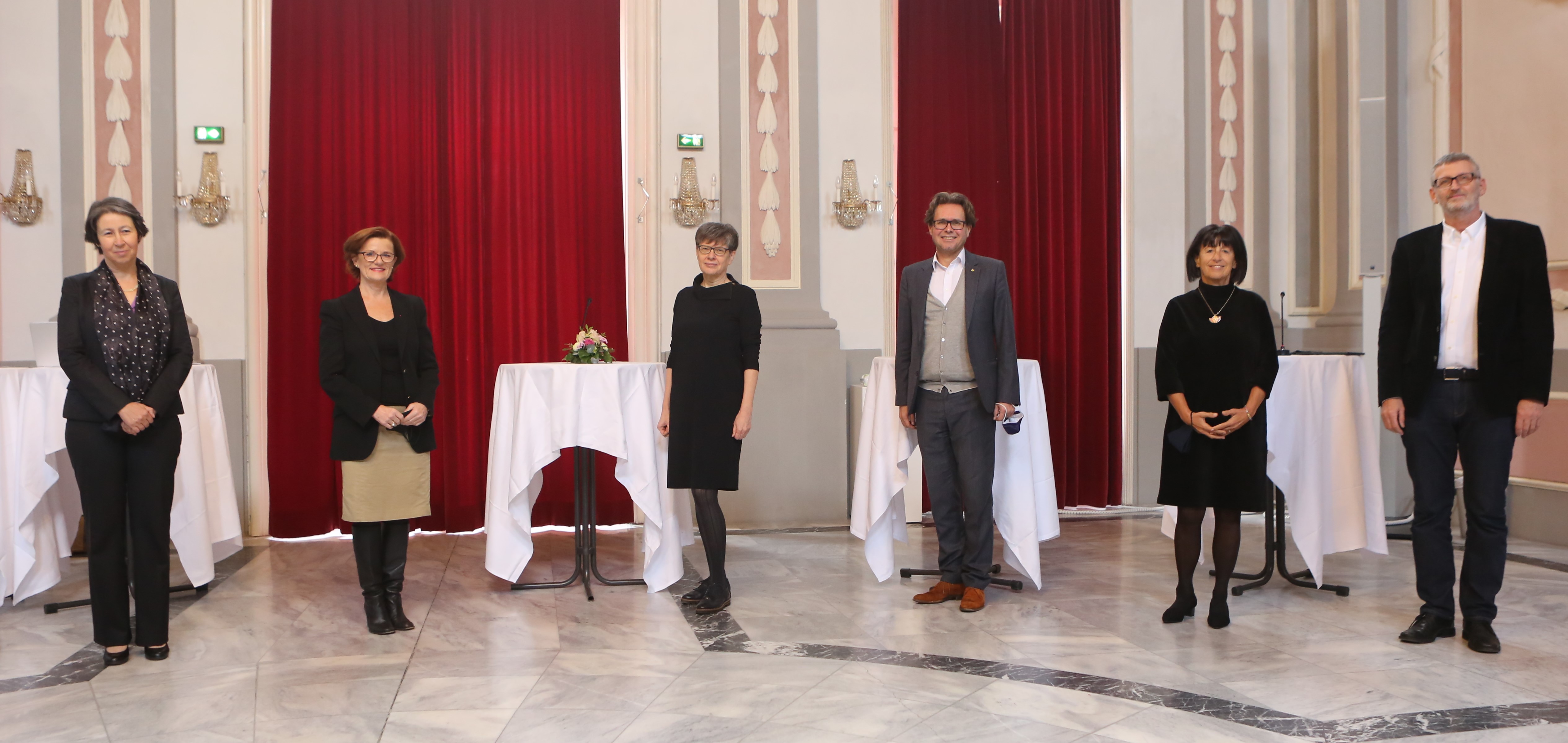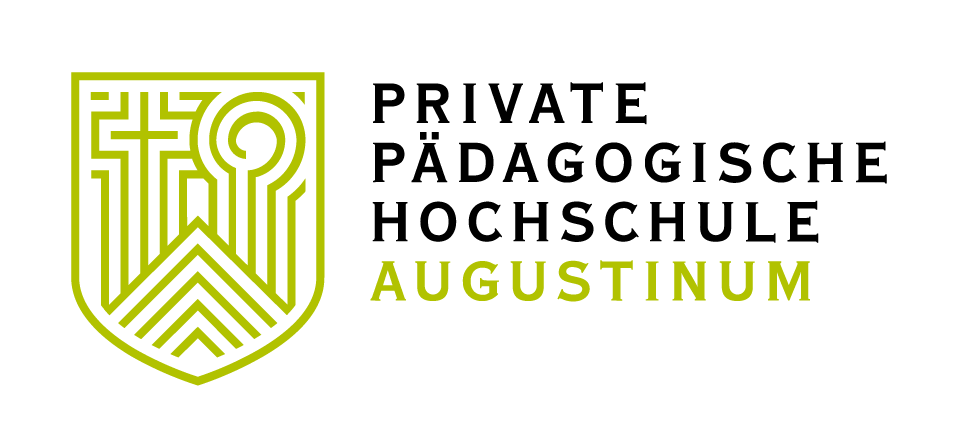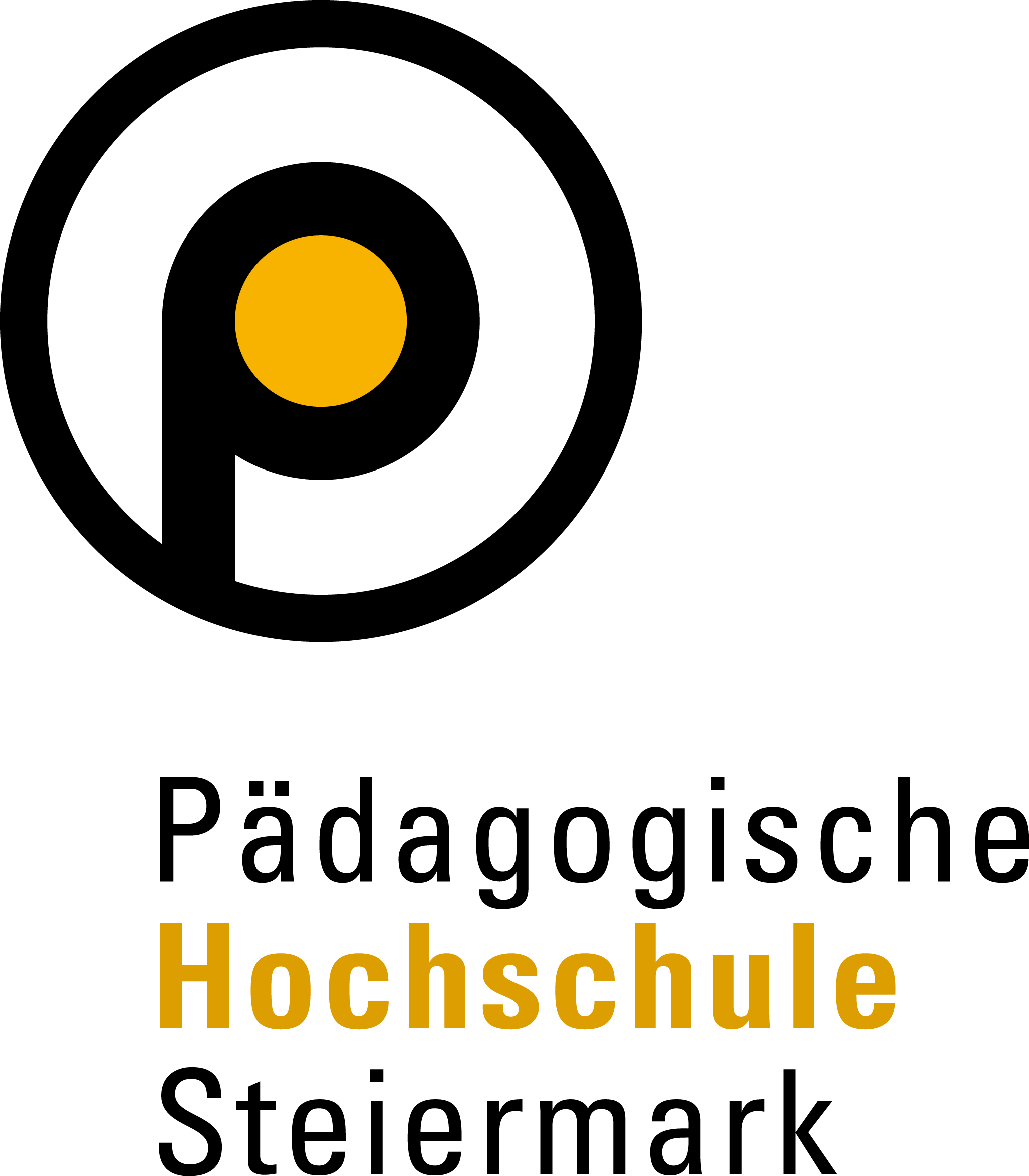The “Week of Inclusion”, Monday, November 9 to Friday, November 13, 2020, marked the official opening of the Research Center for Inclusive Education . During this week, diverse research projects in the field of inclusive and digital education were presented. Approximately 600 professionals, national and international guests, partners and interested persons were invited and attended the event.
Various online presentations were organized as parallel sessions on Monday, November 9, 2020 and Tuesday, November 10, 2020. Different members of the center’s research team presented their current research projects.
The workshop “COVID-19 – The end of inclusion? Salvation through digital education?” („COVID19 – Das Ende der Inklusion? Rettung durch Digitalisierung?“) was organized on Wednesday, November 11, 2020. After the keynote presentations, the participants had the possibility to take part in the panel discussion and share their experiences on the current topic.
The annual congress “Inclusion Forum Graz” was organized on Thursday, November 12, 2020. The main topic of this year’s forum was “Reaching all children in school” („Alle Kinder im Unterricht erreichen“). The Erasmus+ project “Reaching the ‚Hard to reach’” was presented. After the project presentation and a short discussion, Mrs. Ursula Vennemann (President of the association Lebenshilfe Graz und Umgebung – Voitsberg) awarded the annual “Lebenshilfe research prize” for researchers in the field of inclusion. At the end of the event, university students presented their scientific work on inclusive education in the form of posters, and the selected three “best poster presentations” were awarded.
After these successfully organized events, the leadership team, Univ.-Prof. Dr. Barbara Gasteiger-Klicpera (Uni Graz), Prof. Dr. Andrea Holzinger (PHSt) and Prof. David Wohlhart, BEd (KPH Graz) officially opened the Research Center for Inclusive Education on Friday, November 13, 2020.
The rectors of the three institutions outlined their expectations regarding the research center and other key persons in the field of inclusion were invited to attend the opening event as keynote speakers.
Rector Ao. Univ.-Prof. Dr. Martin Polaschek (Uni Graz) said: “Our goal is to promote something innovative, to bundle our research expertise and competences and thus to set new and comprehensive impulses”.
Rector Dr. Elgrid Messner (PHSt) highlighted the longstanding tradition in the field of inclusive school development in Styria and said “Based on this tradition, we can now take another big step and invest in research. This is an important impetus for the further development of inclusive education, not only in the Styrian educational landscape, but also in the Austrian, national and international educational landscape”.
Rector Dr. Andrea Seel (KPH Graz) pointed out the long-term research perspective and added: “I hope that we can invest in long-term research programs that enable deep drilling, but also carry out research that extends over longer distances. I hope that we can create evidence that is relevant for the educational policy and that can be perceived and implemented accordingly by the educational policy bodies”.
Mag. Doris Kampus, representative of the state of Styria, State Councilor, Dipl.-Päd. MMag. Dr. Agnes Totter, Bed, member of the National Council and head of a Styrian secondary school and Dr. Peter Piffl-Perčević, representative of the city of Graz, City Councilor, attended the event online and held short speeches. State Councilor Mag. Kampus expressed her gratitude to the teachers for their commitment to inclusive education and said: “I would like to extend this thanks to you who started this project. This is a very important and wonderful sign that we in Styria are working together on this issue, and that the higher educational institutions are implementing this project together”.
Helena Dalli, European Commissioner for Equality, expressed her congratulations to the research center and added: “Academic institutions such as the Research Center on Inclusive Education can help to provide evidence to underpin policies and actions”.
Dr. Heinz Faßmann, Austrian Federal Minister of Education, Science and Research, highlighted the importance of the “Digital Lab for Inclusion” for the competence development of teachers and said: “People with disabilities should not be excluded from the general educational system, they should be able to learn on an equal level with the others in the community in which they live. This is also one of the systematic goals in the current university development plan in Austria. It is clear that inclusion requires fundamental changes in the educational system, but it also enables a significant increase of the quality of teaching and education”.
On this opening day, three keynote presentations were held. Prof. Mel Ainscow, international expert for inclusion at the University of Manchester, spoke about “Equity: the way of achieving excellence in education”.
Dr. Ingo Bosse, expert for inclusive and digital education at the Technical University of Munich, addressed two topics in his presentation: “Mediatized living environments in inclusive contexts” and “Challenges for school education and (digital) educational work”.
Prof. Dr. Vera Moser, Founding Director of the Center for Inclusion Research at the Humboldt University of Berlin, held a presentation on “Centers for Inclusion Research - Opportunities and Risks”.
The event was moderated by Prof. MMag. Elisa Kleißner (KPH Graz) and Prof. Peter Much, MA (PHSt).
The video recordings of the event can be found here: https://fzib.at/de/veranstaltungen
A photo album of the opening ceremony on November 13, 2020 made by Martin Grössler (PHSt) can be found here: https://flic.kr/s/aHsmS8itxm.



